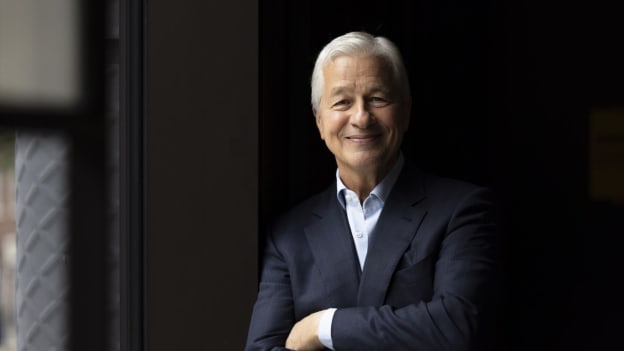JP Morgan Chase chairman’s leadership lessons: strategic thinking, adaptability, and leading with heart

Thinking, Deciding, and Acting with Purpose and Empathy are the top three learnings of JP Morgan Chase chairman and CEO Jamie Dimon. In his letter to shareholders, Jamie emphasised that the strength of his company allowed him to be there for clients, governments, and communities in good and bad times.
Jamie who enjoys sharing what he has learned from watching others, reading, and experiencing through his journey, shared his learnings on management skills.
Embracing the OODA Loop
The military's OODA loop (Observe, Orient, Decide, Act) offers valuable insights for business and government, highlighting the critical importance of thorough assessment to avoid costly mistakes. “In business, this means understanding competitors, customers, costs, and the broader environment. For nations, it involves comprehending economic conditions, strengths, and weaknesses.”
On the road for knowledge and culture
Frequent travel and direct engagement with clients, employees, and stakeholders facilitate continuous learning and adaptation. “This practice nurtures curiosity, humility, and a willingness to admit and correct mistakes, fostering an environment where facts and details drive decision-making.”
Challenging the status quo
Jamie further highlights that businesses often cling to outdated beliefs, leading to missed opportunities and errors. Questioning assumptions, like those about the future of branches or wealth management, can reveal new paths and prevent complacency.
Using brains for truth
Flexibility in thinking is essential. “Being open to new information, even when it challenges long-held beliefs, allows for deeper understanding and better decisions. Engaging with differing opinions and avoiding rigid, binary thinking can lead to more nuanced and effective strategies.”
Focusing on long-term trends
Short-term data often overshadows long-term trends. By imagining future outcomes and working backward, companies can better prepare for and influence these trends. This forward-thinking approach also applies to competitive analysis, emphasizing continuous improvement and innovation.
Decision making and acting
Distinguishing between decisions that require careful consideration and those that benefit from quick action is crucial. Encouraging individual decision-making and addressing tough issues head-on can prevent analysis paralysis and foster a proactive culture.
Effective decision-making processes
Creating a robust decision-making process involves ensuring the right people are involved, promoting open debate, and crowdsourcing intelligence. Committees can be valuable when they avoid herd behavior and aim for thorough assessments.
Leadership with heart
True leadership goes beyond assessment and decision-making, says Jamie. “It requires earning trust and respect through honesty, humility, and genuine care for employees and stakeholders. Clear, consistent communication and a commitment to ethical treatment build confidence and loyalty.”
Vision and inspiration
A compelling vision is not just corporate jargon; it involves educating, motivating, and standing alongside employees. Addressing bureaucracy with a clear, consistent approach and demonstrating a commitment to fixing problems reinforces trust in leadership.
The importance of heart
Jamie feels that heart matters in business. “Treating employees and stakeholders with fairness and respect is not just ethical but fundamental to long-term success. Building trust within the organisation and with customers and competitors fosters a healthy, sustainable business environment.”
















